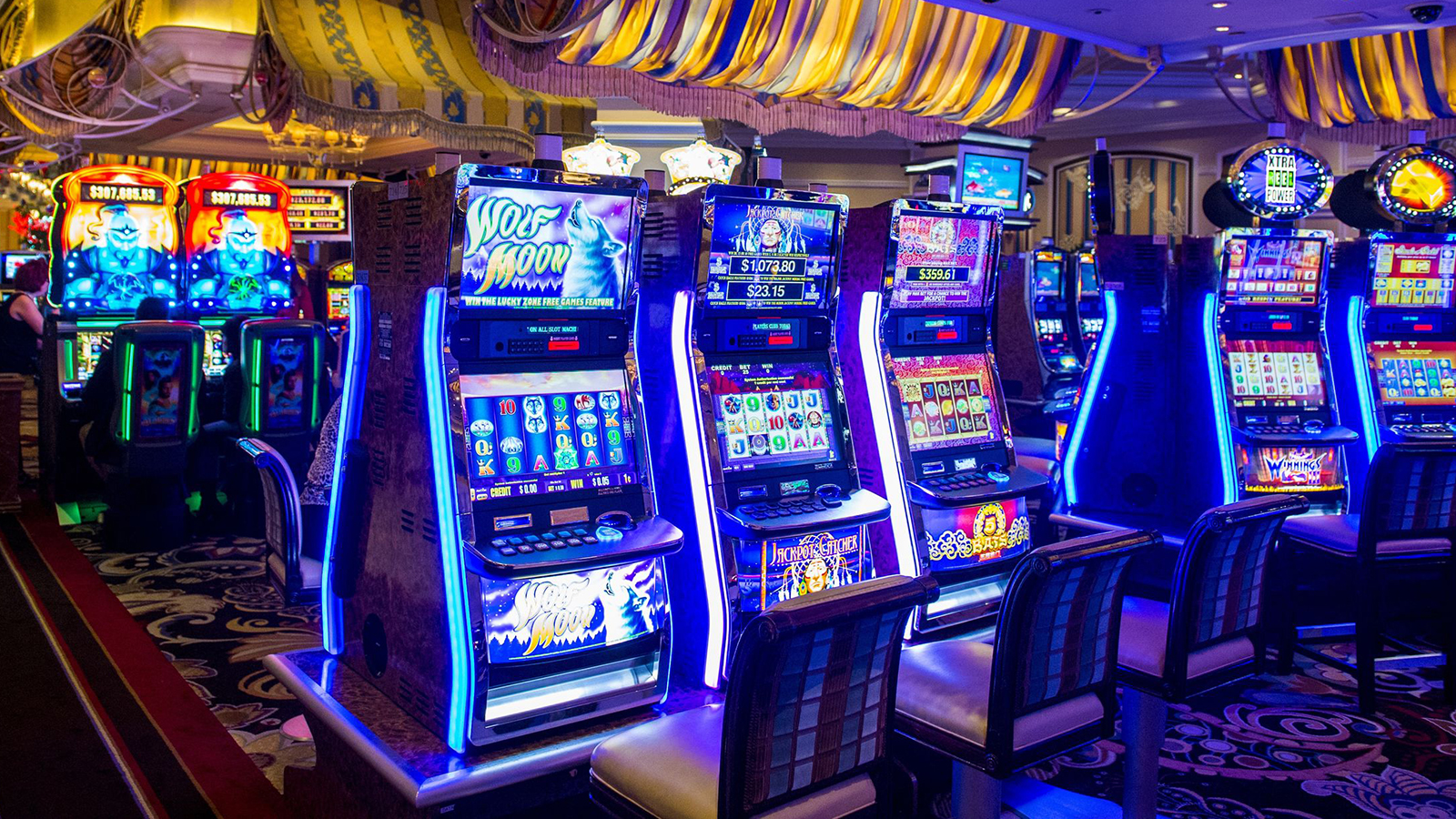No four words drive seasoned casino veterans insane more than those uttered with extraordinary regularity:
“This game is rigged!”
When you find yourself on a losing streak, it’s natural to point the finger of blame elsewhere. Just as when you have no luck with any given slot machine, you find yourself questioning its honesty.
For the most part, the casino operators worldwide run wholly fair and ethical establishments. But what about the games themselves?
When playing slots online or at a traditional casino, are they genuinely honest enough to trust?
The short answer – it depends entirely on how you define ‘honest’.
Acknowledging the House Edge
From a purely mathematical standpoint, you could argue that no casino gaming existence is fair. This is because irrespective of the game you play, the odds are always tipped at least slightly in favour of the house.
This therefore gives the house an advantage over the player, each and every time they play. Technically unfair, but at the same time you’re paying for a service – one of pure enjoyment and entertainment.
Playing at a casino isn’t the same as playing against a friend or a group of friends of similar capabilities. Nor is it the same as playing a board game where the odds of winning are the same for all involved. A casino has to make money to stay in business, which is why there’s always a house edge.
So in this respect, you could say that casino games aren’t ‘fair’ because the odds are against you. But this doesn’t mean that they aren’t ‘honest’ as it is always made abundantly clear just how big the house edge is.
Not to mention, how likely or otherwise it is you will win a prize – assuming you do your homework.
What Does RTP Mean with Slot Machines?
Assessing whether a slot machine is worth playing means taking two things into account – RTP and variance. Both of which combine to give an indication of its generosity, though technically have nothing to do with fairness.
RTP stands for ‘Return to Player’ and is indicated as a percentage. This indicates what proportion of the money a slot collects is returned to players in the form of prizes. If the RTP is 97%, this means that £97 out of every £100 is paid back out at some point or another. The higher the RTP, the better.
Meanwhile, variance indicates the probability of a machine paying out a prize with any given spin. If a slot machine is low-variance, it is more likely to pay out on a regular basis, though in the form of smaller prizes. Higher-variance machines are more generous in terms of payout size, but are far less likely to pay out with any given spin.
Along with checking out the paytable and gauging the general odds of winning a prize, these two metrics provide a decent indication of what to expect from a slot machine.
How a Slot Machine Works
Referring back to the original question, the answer is no – slot machines are not designed to cheat or deceive players. In this day and age, no software developer or casino in the world would get away with such tactics.
They’d be found out, fined and most likely shut down – it simply doesn’t happen.
Instead, the way slot machines work is on the basis of complex algorithms and random number generators. It’s all about mathematical ‘probability’ with each spin – the likelihood of any given event happening.
It’s with probability and odds that players often go wrong, due to their misinterpretation of what the numbers really mean.
Let’s say there’s a slot where the odds of winning a prize (any prize at all) are 1 in 100. This could fool you into thinking that if you spin 100 times, you’re guaranteed to win at least once. In reality, this simply isn’t the case at all.
This is because if the odds are 1 in 100, the same odds apply to every spin. Irrespective of whether you play 10 times or 100 times, each and every spin has exactly the same odds of winning a prize – 1 in 100.
It’s a little like when flipping a coin, where the odds of it landing heads or tails are 1 in 2. Under no circumstances does this mean that with each two flips, you’re guaranteed to hit one outcome or the other. You could flip 1,000 times and you’re just as likely to hit 1,000 heads in a row as anything else.
Hot and Cold Slots
The above outlines the basic premise with regard to how all slots across the board work. In which case, it should be relatively obvious that the concept of the ‘hot’ or ‘cold’ slot is nonsensical.
This is the theory wherein the likelihood of a slot paying out a prize is tied to how generous it has been over a given period of time. If a machine has been paying out plenty of prizes over the past few hours, it’s not going to pay out again anytime soon – it’s gone ‘cold’.
By contrast, if a slot has not paid out anything decent for quite a while, it could be misinterpreted as a ‘hot’ machine. Simply due to the fact that it hasn’t been particularly generous, many assume it must be due a heavy handout imminently.
If only this was the case, but it isn’t. Irrespective of what has come before, the odds are the same for every spin…period.
Hedging Your Bets Wisely
Just as long as a slot clearly indicates its RTP, volatility and general info about the edge it has over the player, it cannot be accused of dishonesty.
It’s the fact that the odds are stacked against you that opens the door to winning prizes at a casino. If everything was perfectly balanced and fair, casinos wouldn’t exist – they’d be unable to make money.
With slots, hedging your bets wisely means choosing the right slots and placing wagers within your budget. Not to mention, keeping sight of what slot gaming is supposed to be about – enjoyment and entertainment.
You might also find the following articles interesting:
- 10 Ways Real-life Casinos Differ from Online Gaming
- 8 Things Your Casino Doesn’t Want You to Know
- Casino Etiquette to Make You Look Like a Pro















